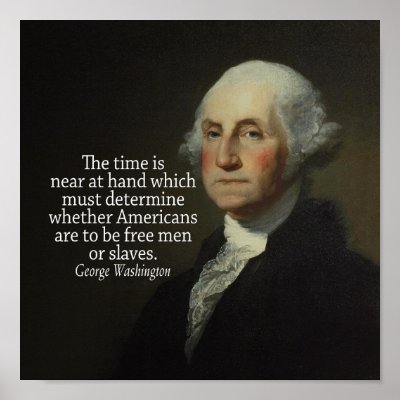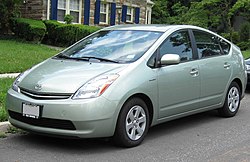We must keep working to enforce provisions like the “Motor Voter” law – and, to that end, have recently filed two lawsuits to increase access to registration opportunities beyond local DMV offices. In one of those cases, we reached a settlement with the State of Rhode Island that resulted in more voters being registered in the first full month after our lawsuit than in the entire previous two-year period. And in just the past year, we’ve participated as an amicus in five separate lawsuits raising issues under Sections 7 and 8 of the NVRA.In the same speech, Eric Holder explained his Justice Department's continued opposition to voter/photo ID laws:
The recent wave of changes to state-level voter identification laws also has presented a number of problems requiring the Department’s attention. In December, we objected to South Carolina’s voter ID law, after finding – based on the state’s own data – that the proposed change would place an unfair burden on non-white voters. And this past March, we objected to a photo ID requirement in Texas because it would have had a disproportionate impact on Hispanic voters.Juxtaposing these two Justice Department positions presents an interesting paradox. On one hand, Motor Voter is put forth as one of the best ways to make "it easier for all Americans to register to vote" because of the ubiquity of DMV locations and the need for most Americans to periodically visit a DMV office. And yet requiring the acquisition of a photo ID is deemed to place "unfair burden[s]" and have "disproportionate impact[s]" even though the very same DMV offices are where photo ID's are acquired.
Of course, in addition to DMV offices, Motor Voter also requires voter registration forms to be "available at local registrar offices, ... public assistance offices and disability-service offices, to groups doing voter registration drives, and through the internet on the website of the chief election official." In that case,
[t]he voter registration portion of the application may not require any information that duplicates information required on the driver’s license portion of the application and may require only the minimum amount of information necessary to prevent duplicate voter registrations and permit State officials both to determine the eligibility of the applicant to vote and to administer the voting process.So registering to vote is part of a larger process of filling out a (notoriously complicated and intrusive) government application. Is obtaining a photo ID so much more of an "unfair burden" with a "disproportionate impact" than most of our other interactions with government?
And what about registering by mail? Motor Voter allows for that, too. And the required forms of identification?
These forms of identification are: 1) a current and valid photo identification; or 2) a copy of a current utility bill, bank statement, government check, paycheck, or other government document that shows the name and address of the voter.Imagine that. A photo ID. Of course, it may be argued that exceptions are built in to Motor Voter to allow for hardships, and casting provisional ballots is provided for as well. But most, if not all, state laws requiring ID for voting have similar exceptions. The target of these state laws is vote fraud, not voters. But Eric Holder and the Obama administration are going out of their way to erect roadblocks to these laws. The result is a weakening of the integrity of the very system that Motor Voter and the original Voting Rights Act were ostensibly meant to broaden and protect.



























